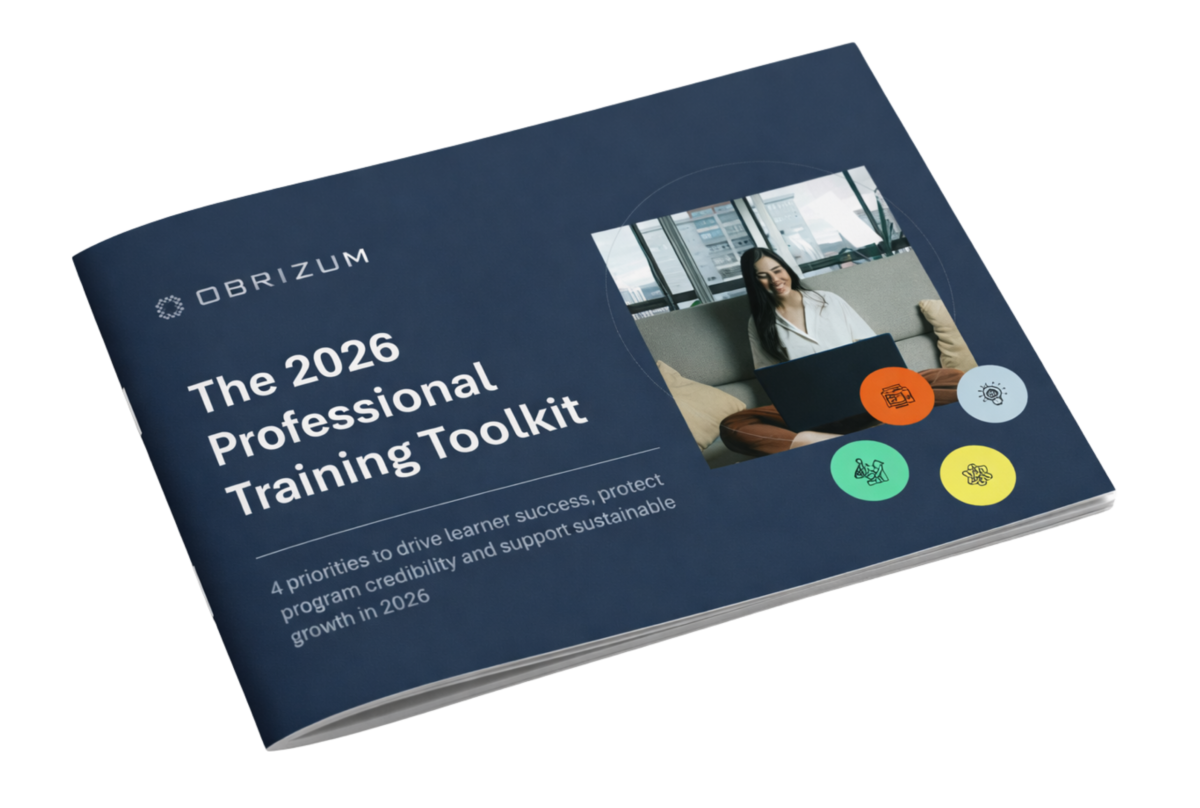
Published on 4th July 2023
Improve sales performance and revenue through adaptive learning
Sales jobs often culminate in a perfect storm of long hours, demanding managers and competitive colleagues. With teams under pressure to hit sales and revenue targets, frantic cultures can emerge in which a quantity over quality approach is often taken with prospects.
Naturally, this level of intense pressure takes its toll on employee well-being. In fact, last year, a Gartner survey found that nearly 90% of sales professionals felt burned out from work, reporting specifically on a “drag” over “drive” mentality.
With a quantity-over-quality approach, there is often little time for value-add projects. According to SalesForce’s 2022 State of Sales report, sales reps spend less than 30% of their time actually selling – the rest of their time is used for admin tasks, reporting and data input. For sales teams to become more efficient and successful, they need greater support.
A key focus point should be training and enabling regular learning opportunities. Knowledge and confidence sit at the heart of the sales function, and their role has a direct line to the business’ revenue performance. Training programmes for knowledge and skills updates are therefore invaluable.
According to SalesForce, only a quarter (26%) of sales reps receive weekly 1:1 coaching, and only 53% of sales leaders use training software alongside coaching.
This needs to change, and technology sits at the heart of this learning transformation.
The three pillars of support for sales:
1 – Find the right platform
First and foremost, adaptive learning platforms can be used to train sales professionals, helping them upskill in areas they feel less confident in and keeping their knowledge relevant. By replacing generic, linear learning programmes with adaptive alternatives, users can navigate through content and assessments relevant to their unique level of understanding, requirements and approaches to learning in real-time.
Organisations should also recognise the value of adaptive training programmes that ultimately make it easier to deliver up-to-date content assets to salespeople; especially compared to the time spent by a traditional learning designer when building a new course. This is particularly vital for workers who need to adhere to new laws, regulations, and product innovations to be able to adequately sell to prospects. In most scenarios, speed is key.
Critically, an adaptive learning platform can ingest a wide variety of multimedia formats, be it webinars, tutorial videos, podcasts, slide decks, infographics, PDF documents or other resources. Everyone digests information in different ways, so providing intelligence in a variety of mediums will ensure prospects are able to absorb the information and enhance their understanding of a product or service, driving them towards positive purchasing decisions.
2 – Identify areas of risk
With this new approach to sales training and ongoing learning support, businesses can also identify areas of risk within sales teams, such as overconfidence in those individuals that are answering queries incorrectly. For an industry like Finance, this overconfidence could result in drastic consequences, including fines and reputational damage, if it’s deemed that a product was mis-sold.
Alternatively, a sales rep may have acquired great product knowledge, but they may still lack the soft skills required to engage prospects adequately which could also harm sales. Adaptive learning platforms can be tailored to address the requirements of each individual to create truly personalised learning experience.
3 – Identify the link between learning performance and business impact
Finally, the capabilities of an adaptive learning platform can help businesses overcome one of the fundamental challenges faced by learning and development functions: linking learning success back to overall business performance.
This enables the assessment of whether there is a correlation between the learner’s progress (and correct completion of learning courses) and their sales performance. For example, take an individual who was upskilling on how to sell regulated finance products: if they completed their training and showed a high level of confidence, does that correlate to the sales of those types of products? If so, you can see the real monetary value that training has enabled.
This is important for any revenue function as businesses can see areas of underdevelopment in learners, which may potentially identify further areas of risk in their ability to sell products related to specific sectors.
Improving the quality of interactions with customers
Businesses need to change the way they view corporate learning. By doing so, they can empower their sales professionals to drive an improved prospect experience and greater sales conversion rates.
When sales teams are on the front line of business development, and their performance directly impacts company revenue, make sure to arm them with the right tools and insight to successfully convert any new opportunities that present themselves.






